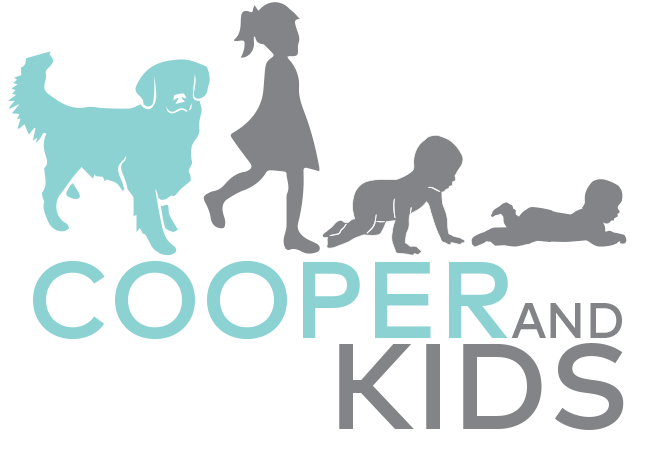Dr Kate Mornement gives us advice on all things Separation Anxiety in Dogs
Separation anxiety in dogs is a common problem these days. Sometimes the symptoms are really obvious and sometimes the signs are a lot more subtle. The important thing is equipping them with the right tools for how to be left home alone without getting stressed out.
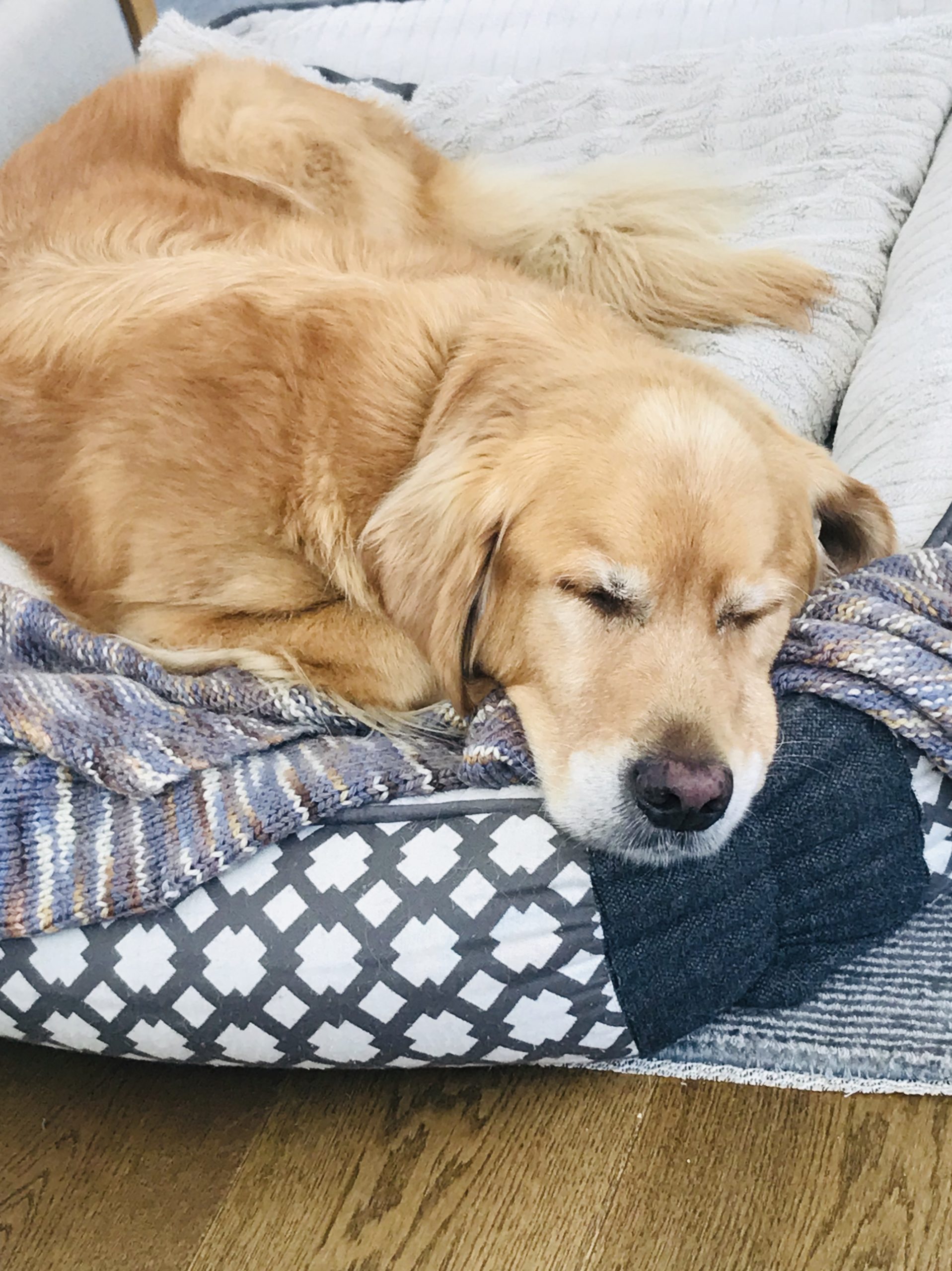
We got our golden retriever, Cooper when he was a puppy and as a dog trainer, I took all the right steps to ensure he wouldn’t develop separation anxiety. From the get go, he was a very independent puppy, which is what we had told the breeders we were looking for. My hubby and I were both working full time when we got him. In saying that, Cooper did come to work with me a little bit when he was a puppy. But very quickly he learnt that he would get a good walk morning and night which meant that during the day, he was tired enough to just sleep the day away. So in those early days, separation anxiety was never really an issue for us.
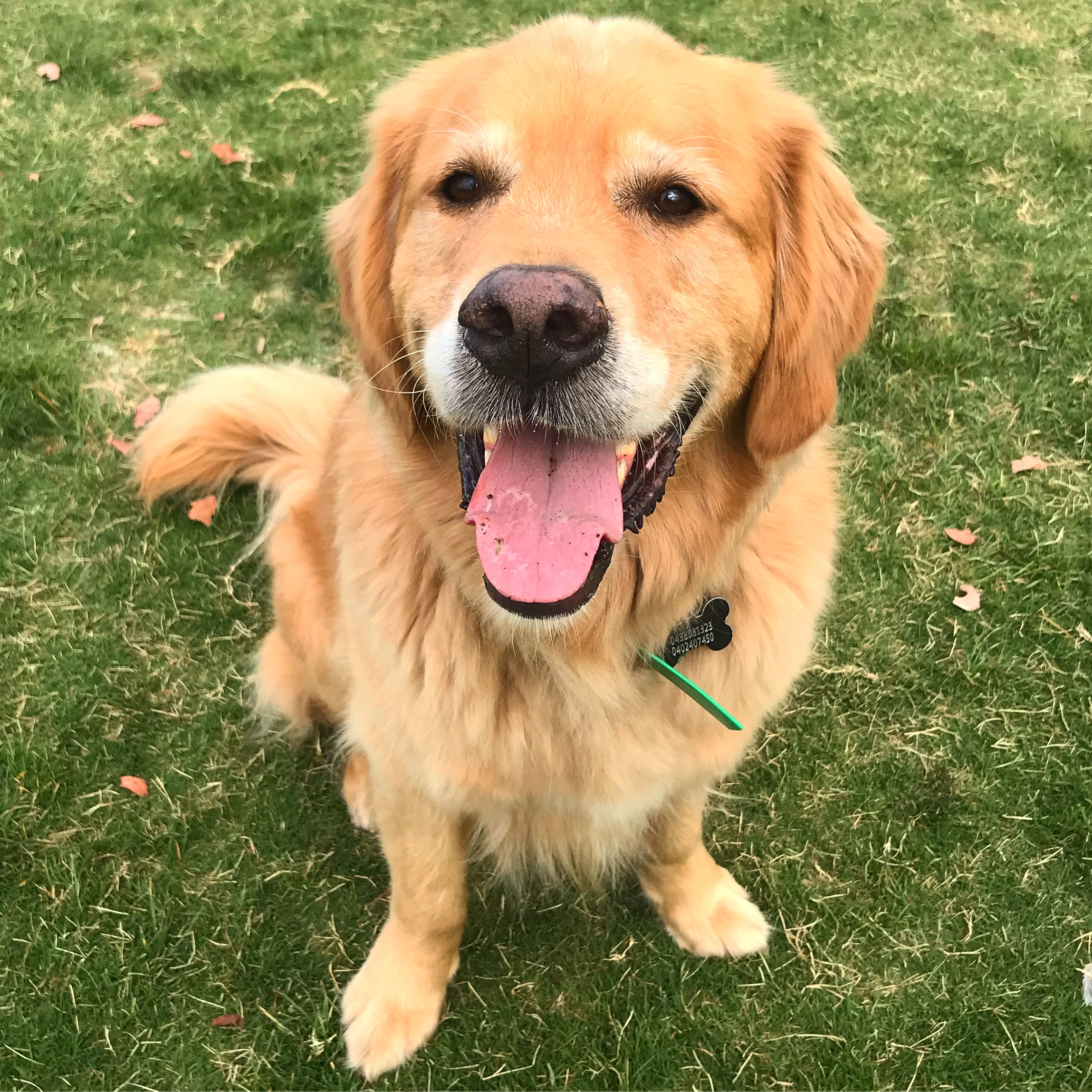
Now I am a stay at home mum. Although I do go out often, I am also home a lot with sleeping kids/baby. In between having my kids, for work, I was dog walking and dog minding, which meant that Cooper was literally with me all the time. He had the best of both worlds, he was included in my work on the days I worked. And then on the days, I was home being a mum, he got to be with us too.
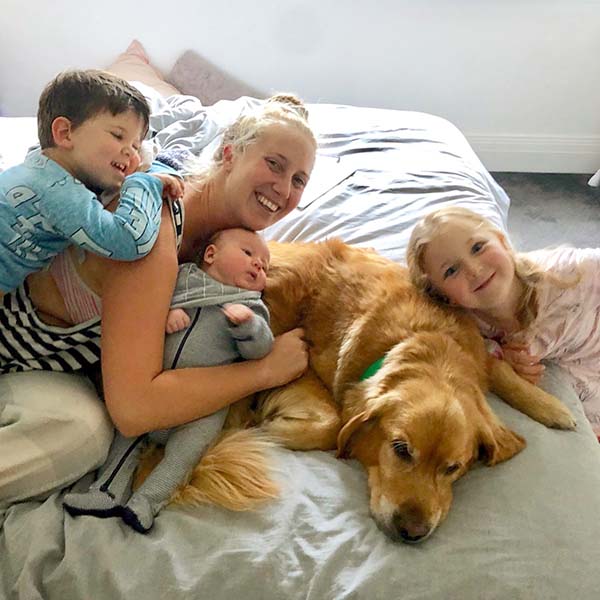
After having my kids and being around so much, I have realised that Cooper has started to develop separation anxiety when I leave him home alone. Not badly, but I am aware of it and doing everything in my power to help manage it. Sometimes when I leave him home alone, even if it’s just for kinder drop off in the morning, he might steel one of the kids soft toys, take it outside and pull it apart. I sometimes find scratch marks on the carpet too, like he’s been trying to dig at it.
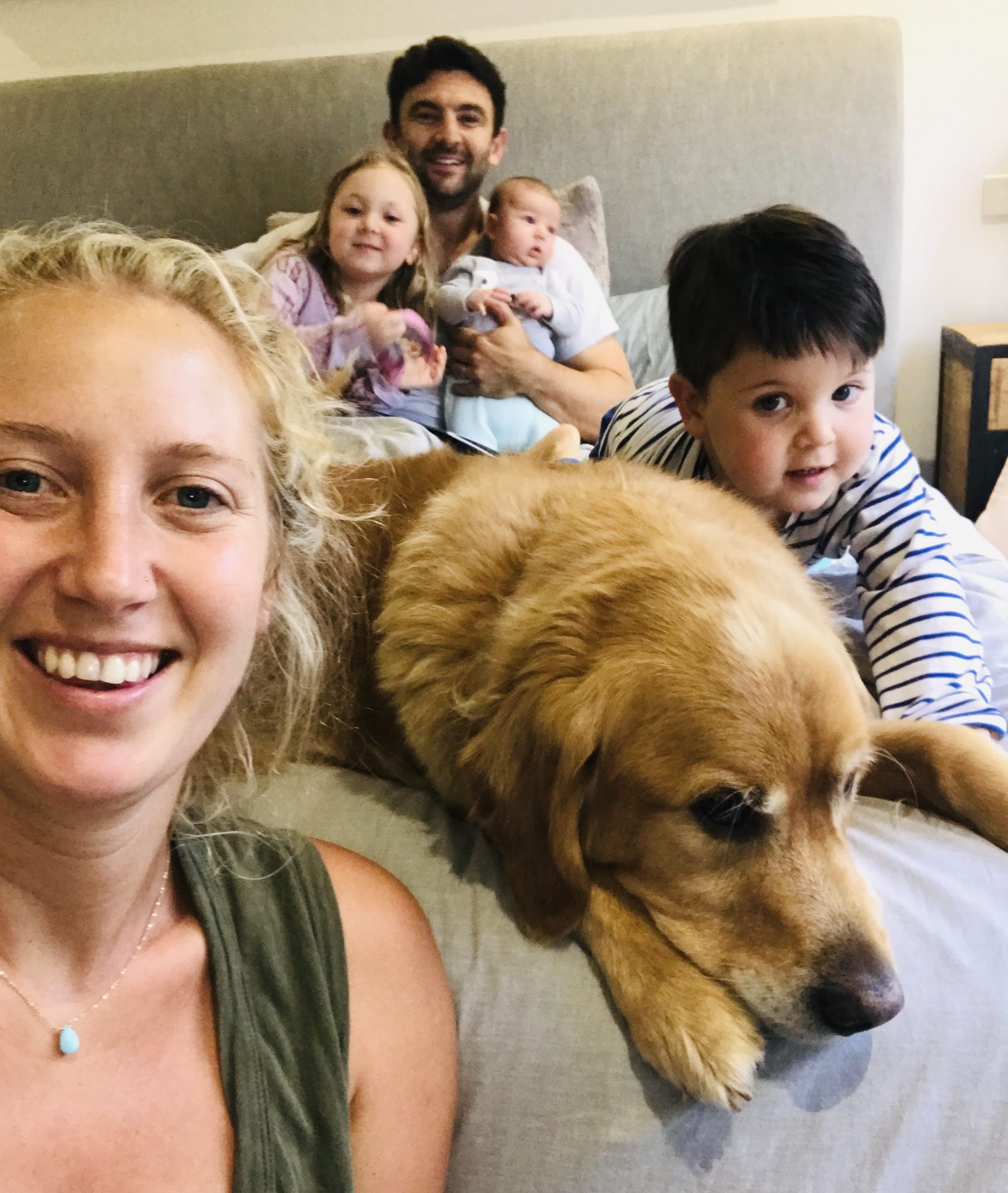
After noticing these small signs I reached out to the lovely Dr Kate Mornement, PhD qualified Applied Animal Behaviourist for some advice on all things Separation Anxiety. Kate consults to pet owners and people working professionally with animals. She is a media spokesperson, educator and a human mum too!
Q&A with Dr Kate Mornement
What is Separation Anxiety?
Q: For those that have no clue what I am talking about, Kate, could you please explain exactly what separation anxiety is…
A: Sure! Separation anxiety is excessive fear or anxiety in response to separation or the potential of separation from an attachment figure.
The Obvious signs and less obvious signs of Separation Anxiety in dogs
Q: Kate are you able to let our readers know what are the obvious signs of separation anxiety and what are the less obvious signs?
A: Of course! Separation anxiety can vary from quite mild to really extreme. Some of the more obvious signs include house soiling, excessive vocalisation, refusal to eat, destructive behaviour – I’ve seen couches chewed, doors and skirtings destroy, even holes in walls! Some dogs with severe separation anxiety attempt to or successfully escape their property. Less obvious signs include panting and sweating from the paws, pacing, an inability to settle (especially when the dog sees you getting ready to leave), whining and constantly following you around the house. Some dogs will lick excessively.
Preventing Separation Anxiety
Q: What can we do to prevent a puppy/dog from developing separation anxiety?
A: Coping with separation is not something puppies are born knowing how to do. Puppies, just like babies and young children, need to learn how to cope with separation from their primary caregivers – gradually! It’s up to us to help them with this. As pups grow and develop they naturally become less reliant on their mothers for their survival and gradually venture further and further away – sound familiar? The same process is true for human babies!
By starting with very short separations and pairing separation with something the puppy really likes (treats, food, favourite toys), the puppy starts to learn that being on their own can be a positive experience. The separations are gradually increased over time if the puppy is coping well at the previous step. Crate training is a great way to help with this process.
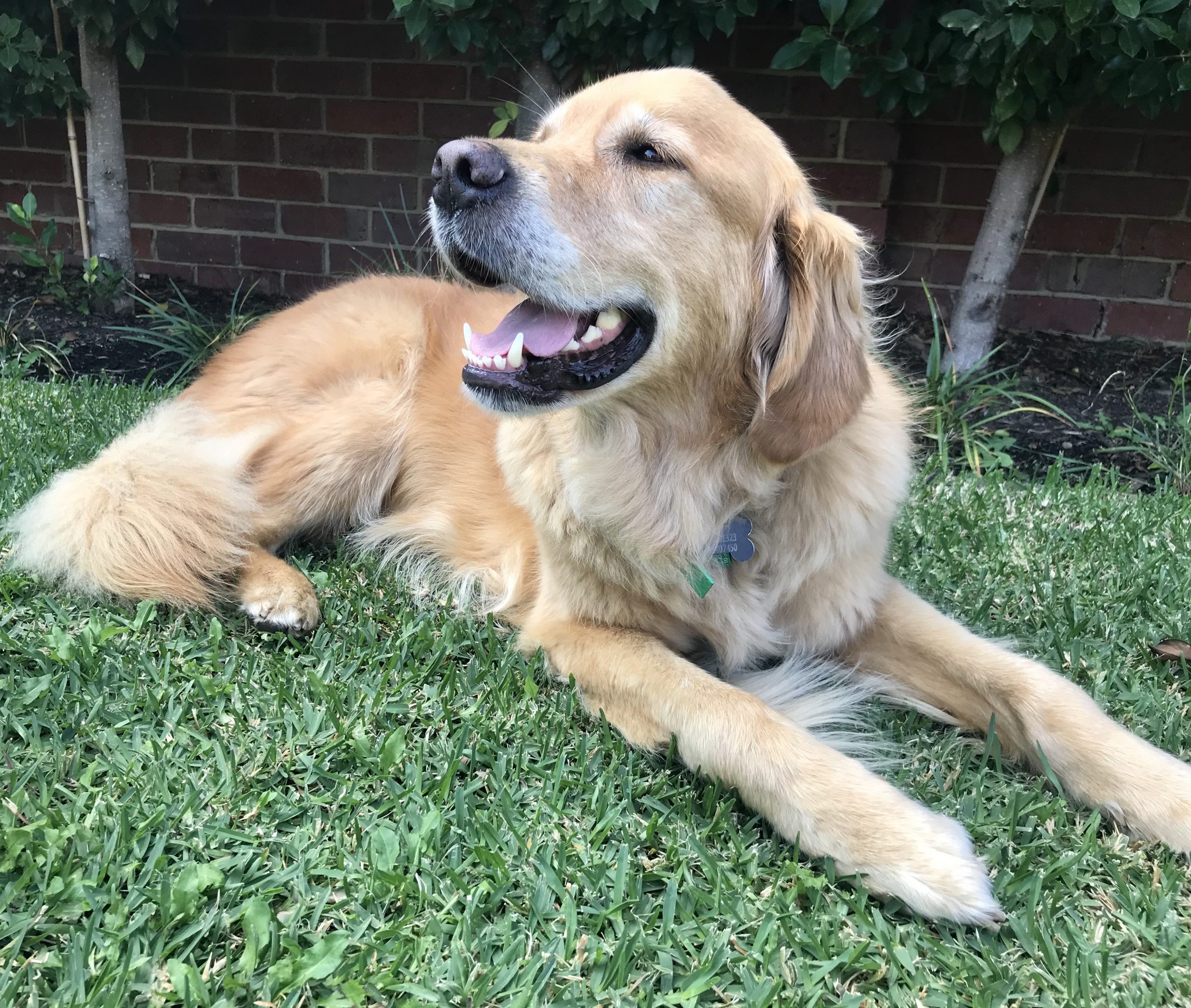
Q: Specifically for those people returning to work, what advice do you have to help ease the dog into it? For example, for those stay at home mums who have been home for years with kids that then decide to return to work? Or for those returning to work after injury, sickness, etc. The dog becomes so used to us being around, and then all of a sudden we are gone again.
A: Yes, this can be tricky! Dogs love us and they much prefer it when we are around. When they get used to us being there it can be a hard adjustment when this suddenly changes. Easing the dog into the transition can help. This involves starting to spend less time right there with them and gradually increasing your absence to mimic your new schedule. Again, pairing your departures with something your dog really likes (e.g. meaty bone, long-lasting chew or puzzle toy, their meal etc). The more good stuff you pair with your departures, the more likely your dog will learn to associate you going with nice things. Allowing dogs access inside tends to help them cope with sudden separation a bit better. Some people find that leaving an item of clothing that smells like you, such as an old jumper, can also help and acts a little like a comforter. If these measures are not working it’s really important to seek professional help as we can often see things dog owners cannot and recommend additional measure to help. In some cases, dogs may need medication in conjunction with behaviour modification to help them learn how to cope with the longer and more frequent separations.
How to overcome Separation Anxiety
Q: For those dogs with bad separation anxiety already what would be your top five tips to helping them overcome this?
(Obviously, it’s hard to give advice without seeing the exact situation but just a general set of tips would be great).
A:
- Teach dogs to cope with separation gradually. Avoid increasing the time you leave them for unless they are coping at the previous level (this can be hard for owners working full-time).
- Always pair departures with something your dog LOVES. This helps to build a positive association with being left home alone.
- Don’t make a big fuss immediately before leaving your dog and as soon as you get home. This will just maintain the contrast between when you’re home and life is great and when you’re away and it’s not so good. Instead, love on your dog when they’re calm and relaxed to reinforce this behaviour.
- Doggy Daycare, dog walkers and dog adventures can help break up the day for dogs left home for the entire day. It also teaches them that good things happen when separated from you!
- Seek professional from a qualified and experienced professional help if you’re struggling. Separation anxiety is not fun for anyone and it can be harder to resolve the longer it persisted.
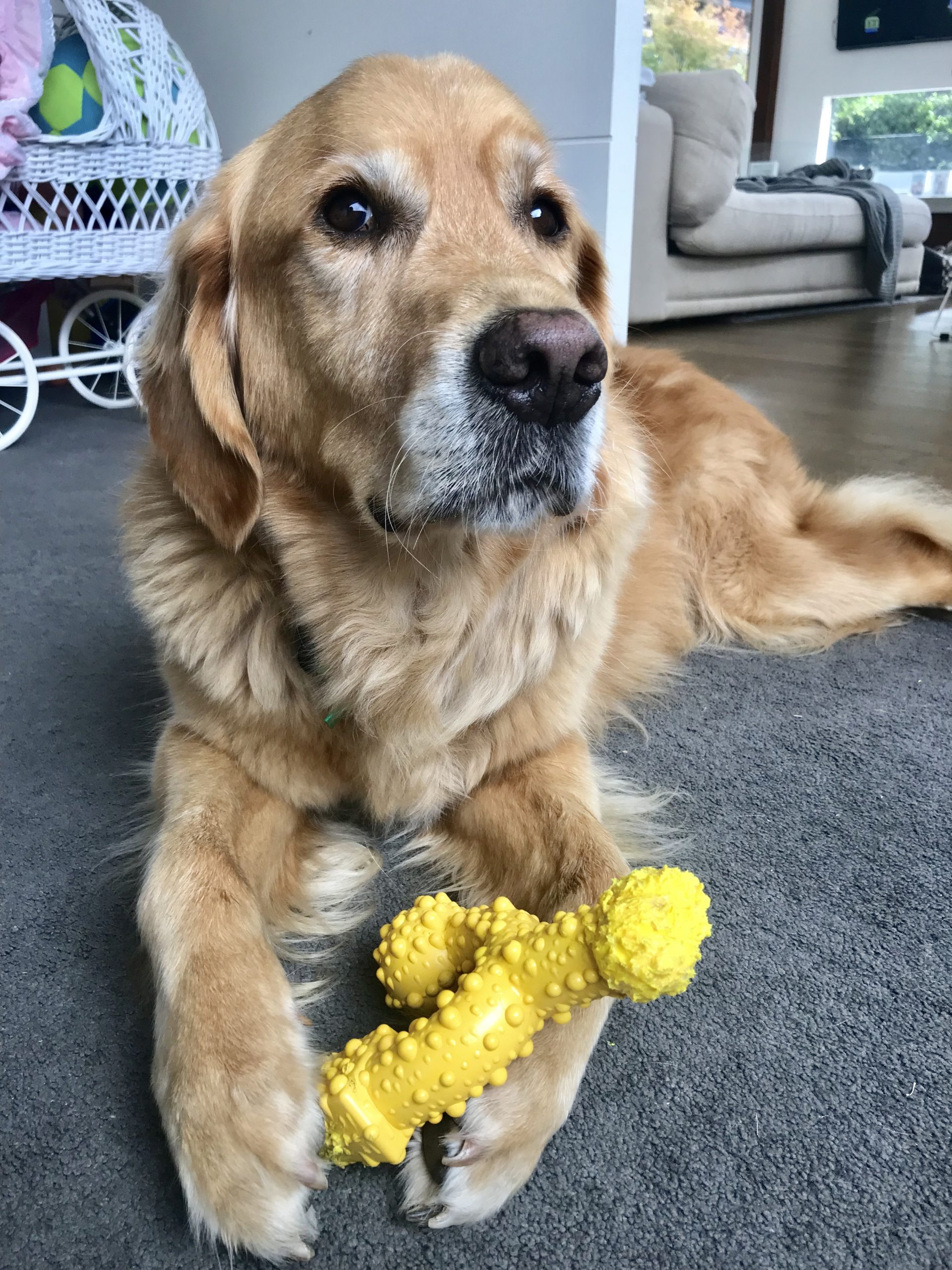
With my own knowledge and taking on this fantastic advice from Kate, we are now working on making Cooper’s time at home on his own a more pleasant experience. So when I leave home in the mornings for Kinder drop off, I give Cooper a Kong wobbler (a treat-dispensing toy) with treats or hide treats around the house or in the garden for him to find. The idea behind this is that now when I leave the house, there is a positive association for him – which is food, rather than getting stressed or worried that we have left him.
I just want to say a big thanks to Kate for the awesome advice, I know it’s been a big help so far with Coop. If you want more from Dr Kate Mornement, head to her website, facebook, Instagram and/or twitter. Hopefully you picked something up that you can implement with your dog too. And as always, please feel free to get in touch if you have any questions.
Good luck.
Mel xox
PS. Make sure to head to our SHOP if you haven’t already! Spoil yourself and your dog!!

